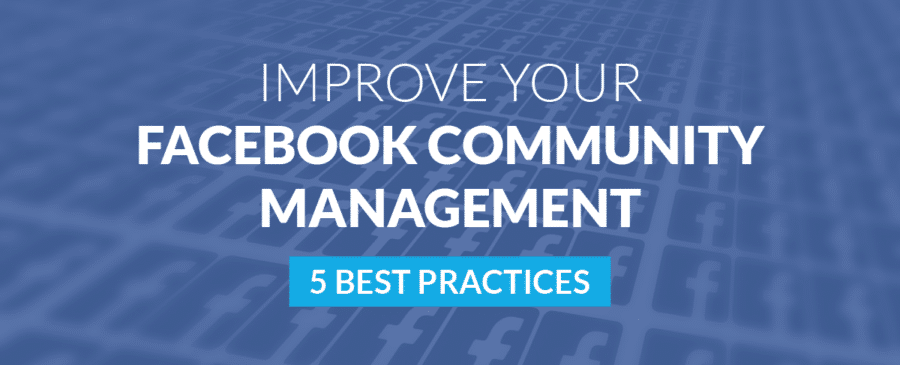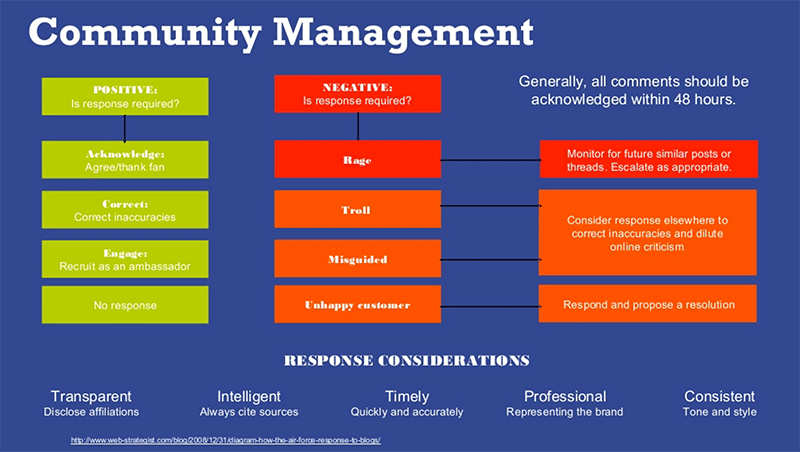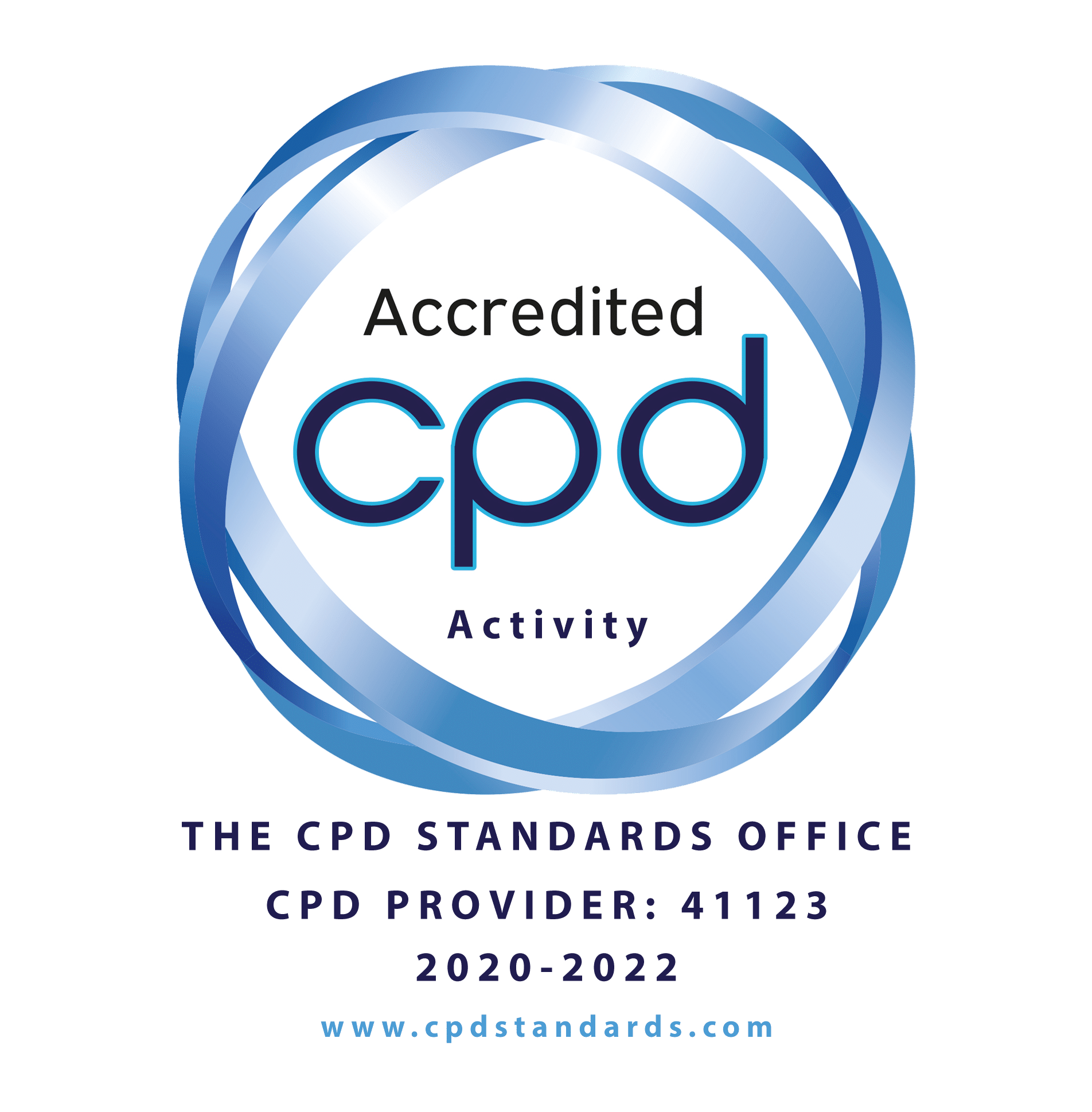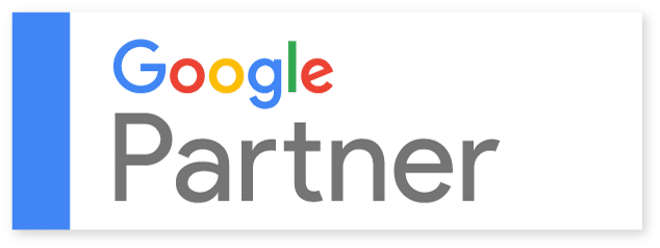Improve Your Facebook Community Management – 5 Best Practices


Facebook is not just a great marketing tool, but also one of the most popular digital community organizing options across the globe. Of course, community management on Facebook can be difficult, particularly if you don’t know how to manage so-called trolls.
Through open groups, closed groups, and Facebook pages, members of any cause can rally and organize together. But how can you ensure that this organization is done in a productive manner, and doesn’t encourage trolling?
The below 5 best practices can help you get started. They are applicable both for managing your Facebook page and individual posts.
BLOG: 5 Best Practices to Improve Your #Facebook Community Management Click To Tweet
1) Establish Clear Ground Rules
Every Facebook presence that’s more than just a tool of one-way communication requires clear community guidelines. In these guidelines, you can outline exactly what can and should be posted, establish expectations for how quickly you can engage and respond, and more.
Facebook groups allow community managers to post the rules of membership in a dedicated section. If you run a brand page, you can either add it to your About section or simply link to a related page on your website. You can also link directly to the network’s own Community Standards, which employees at Facebook use to make decisions on how to deal with reported content (more on that later).
2) Engage With Most Community Content
Put simply, the worst thing you can do when managing a community is to let it live on its own. If you don’t engage, members will begin to feel like they have a license to post anything they like. Worse, they might stop posting altogether, essentially ending the interactivity your page or group seeks to evoke.
It goes almost without saying that you should frequently answer questions from your audience on Facebook. But it also makes sense to address constructive negative feedback, and promote and interact with positive posts and comments.
The key, then, are the comments that border on spam and trolling, posted as little more than provocation. In the most extreme cases, such as hate speech and threats, ban and report the user to prevent the incident from happening again in the future. For those that border on the edge, consider a short rebuttal and direct link to the guidelines you established above. If they don’t adhere, deleting the comment makes sense and is within your rights.

Source: SlideShare.com
3) Add a Human Touch and Assign Responsibility
The best Facebook communities are led and managed by people, not brands. Your interactions with both positive and negative comments should always be personal, sounding not like an automated response service but an actual person behind the keyboard. This approach will increase interactions, and generate goodwill over time.
Some brands take this approach to the extreme by signing each comment or reply they make with the first name of the representative making that post. This approach makes sense particularly if more than one person helps to manage your Facebook presence, as it gives your audience a better feeling for the person they’re dealing with.
The best #Facebook communities are led and managed by people, not brands. Click To Tweet
4) Build a Self-Organizing Community
Ideally, your community should be built well enough for you to not even have to respond to trolls. In reality, of course, that ideal scenario is difficult to achieve. But with a few tweaks, you can nudge closer to such a self-sustaining community doing much of the work for you.
It starts with letting your community know that they are able to respond to comments themselves. Then, you should arm them with the information they need for a rebuttal. Of course, they should always adhere to your community guidelines. Finally, you can contact your most active influencers directly to nudge them towards becoming more active in preventing trolls.
A troll looking to discredit one of your posts, for example, might be easily corrected by someone with in-depth knowledge on the facts behind that post. A thoroughly rebutted troll will actually be less effective than one that’s deleted shortly after posting.
5) Stay Active and Vigilant
Ultimately, the only way to maintain and enhance your online reputation on Facebook is to stay active and vigilant at all times. Spammers and trolls can post any time. The key to success is finding and rooting out their posts and comments quickly enough to make sure that other members of your community don’t see them.
That effort has to include weekend monitoring of your Facebook presence. You don’t want to turn off your computer on Friday, only to come back on Monday and see your long-term marketing and communication efforts ruined by a single persistent troll.
Instead, stay vigilant. Download the Facebook Pages app, and enable push notifications to make sure you know when something happens in the community. When it does, act quickly and decisively. Trust, but don’t rely on the most active members of your community to take care of the problem.
Maintain your online reputation on #Facebook by staying active and vigilant Click To TweetCommunity management on Facebook should not be considered marketing. At the same time, it can actually be a vital component to your marketing strategy by indirectly promoting your brand personality. The more active and positive the discussion around your content is, the more positively new followers and group members will feel about you.
To accomplish that goal, of course, you need to make sure that trolls don’t find a platform in your community. Build guidelines, engage, and act decisively when needed. Include your community, and stay active for maximum result.
To learn more about effective Facebook community management, and to master this and other activities on the world’s largest social media network, contact us.






